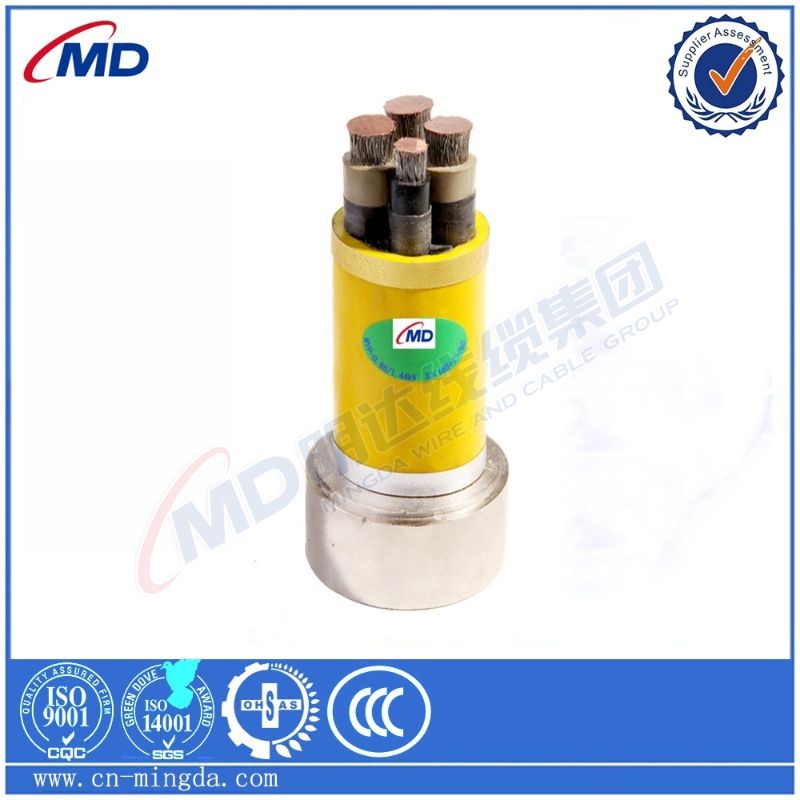Nov . 14, 2024 09:32 Back to list
ductile iron metal seat gate valve
The Importance of Ductile Iron Metal Seat Gate Valves in Modern Industry
Ductile iron metal seat gate valves have become essential components in various industrial applications, offering reliability and durability in fluid control systems. This article delves into the properties of ductile iron, the design and functionality of metal seat gate valves, and the advantages they offer over traditional valve materials.
Understanding Ductile Iron
Ductile iron, also known as nodular cast iron or spheroidal graphite iron, is an alloy characterized by its unique microstructure that imparts increased strength, ductility, and toughness compared to traditional cast iron. The presence of spherical graphite structures within the iron matrix enhances its mechanical properties significantly. This allows ductile iron to withstand higher stress levels and provides better resistance to impact, making it an ideal material for manufacturing valves.
Metal Seat Gate Valve Design
Gate valves are generally used to control the flow of liquids and gases in pipelines. Their primary function is to either completely shut off or allow passage of the medium, providing a straight flow path with minimal pressure loss. A key feature of metal seat gate valves is their seating surface, where the valve disc meets the valve body. Unlike soft-seated valves, which utilize elastomeric materials for sealing, metal seat gate valves employ a metallic surface, usually made from stainless steel or alloyed metals, which enhances their durability and thermal resistance.
The design of ductile iron metal seat gate valves incorporates a robust construction that enables them to perform effectively in high-pressure and high-temperature applications. The high strength-to-weight ratio of ductile iron contributes to the valve’s ability to handle extreme conditions, while its resistance to corrosion and wear extends the lifespan of the valve.
Advantages of Ductile Iron Metal Seat Gate Valves
ductile iron metal seat gate valve

1. Durability and Longevity One of the primary benefits of ductile iron metal seat gate valves is their exceptional durability. The metal seating surfaces can withstand higher temperatures and pressures compared to soft-seated counterparts, making them suitable for heavy-duty applications, including those found in oil and gas, water treatment, and chemical processing.
2. Versatility These valves can be utilized in a wide range of industries due to their ability to handle various types of fluids, including corrosive substances. The designs can be optimized for specific applications, ensuring efficient flow management.
3. Low Maintenance Requirements The robust nature of ductile iron and the design of metal seat gate valves result in fewer failures and reduced maintenance requirements. This translates into lower operational costs over time, particularly in automated or remote operations where human intervention is minimal.
4. Good Sealing Performance Although representing a more rigid sealing method than soft-seated valves, well-designed metal seat gate valves offer reliable sealing capabilities. With proper engineering and finishing, the sealing surfaces can provide a leak-tight closure, essential for sensitive applications.
5. Eco-Friendly As industries move towards more sustainable practices, ductile iron valves present an environmentally friendly option. Ductile iron is recyclable, and the valves themselves often have a longer service life, reducing the need for replacements and minimizing waste.
6. Resistance to Abrasion and Erosion Ductile iron’s inherent toughness and its design as a metal seat valve ensure high resistance to wear, especially in applications with abrasive media. This characteristic is crucial for maintaining function in challenging environments without frequent replacements.
Conclusion
Ductile iron metal seat gate valves represent a crucial advancement in valve technology, making them a preferred choice across numerous industrial sectors. Their combination of strength, durability, and performance under challenging conditions establishes them as a reliable option for managing the flow of liquids and gases. As industries continue to evolve and demand more robust solutions, the significance of ductile iron metal seat gate valves will undoubtedly grow, supporting the infrastructure and processes that keep the global economy functioning efficiently. Investing in such valves not only enhances operational performance but also contributes to a sustainable industrial future.
Share
-
Reliable Wafer Type Butterfly Valves for Every IndustryNewsJul.25,2025
-
Reliable Flow Control Begins with the Right Ball Check ValveNewsJul.25,2025
-
Precision Flow Control Starts with Quality ValvesNewsJul.25,2025
-
Industrial Flow Control ReliabilityNewsJul.25,2025
-
Engineered for Efficiency Gate Valves That Power Industrial PerformanceNewsJul.25,2025
-
Empowering Infrastructure Through Quality ManufacturingNewsJul.25,2025